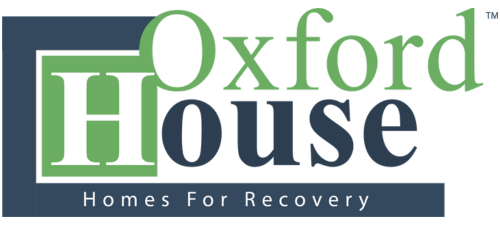Casandra’s Story
The Long Road Home: Casandra’s Story of Loss, Addiction, and Healing
I had a drinking problem between 15 and 20 years old. It wasn’t just casual—alcohol had become a serious problem. I managed to stop when I became pregnant with my son, but when I became pregnant again and that baby was stillborn, everything changed.
Losing my baby was one of the hardest things I’ve ever experienced. That pain hasn’t gone away, but I’ve worked through it. I’ve come out the other side stronger. Now I’m able to support other women who’ve gone through similar loss and remind them they’re not alone—and that things can get better.
But at the time, I turned to hard drugs. The pain was too much, and I didn’t know how to deal with it. Eventually, I called my mom and moved up to Elk Point. I stayed there for four years, trying to reset. But when I moved back to Calgary, I relapsed. The drugs took over again, and it got worse than ever. That downward spiral lasted about 12 years.
During that time, I was diagnosed with Graves’ disease, an autoimmune disorder. After my thyroid was removed, I was supposed to be taking medication—but I hadn’t for nearly two years. Eventually, I slipped into a coma. I was so deep in my addiction that no one checked on me. No one even knew where I was.
Waking up from that coma was the turning point. I remember hearing voices—my great-grandmother, who had passed away 25 years earlier, telling me it wasn’t my time. My brother, who had also passed, was there too, comforting me and telling me I was going to be okay. I believed them. I decided I didn’t want my son to wake up one day and find out that he’d lost his mom to addiction. I wanted to get my life together.
A couple of months later, though, I hit another wall. I went into psychosis. All the trauma I had buried came flooding back at once. I didn’t know what to do. A friend dropped me off at Renfrew Recovery Centre, but because of my medical history, they couldn’t take me in. They called an ambulance and sat with me until I calmed down.
The ambulance took me to Peter Lougheed Hospital, where I stayed for seven weeks. I wasn’t even allowed to go down to the cafeteria without someone with me. At the time, I didn’t understand why—but now I do. My condition was serious.
From there, I was transferred to South Health Campus for another six weeks. One of the nurses there had seen me before and remembered me. She gently told me, “You know, there are programs that can help you.” She introduced me to Oxford House and helped me apply to a few treatment centres. Until that moment, I didn’t know I had any options. I honestly believed I was completely alone.
The hospital was preparing to discharge me, and since I’d been homeless for eight years, I was scared I’d end up right back on the streets. I didn’t want to start over again from square one.
But two weeks later, I entered Oxford House’s Pre-Treatment Program. I got accepted into Aventa, but the wait was six weeks. Then Sunrise called—they could get me in within ten days. I realized that if I went to Sunrise, I’d graduate two days before my son’s 17th birthday. That felt like the best gift I could give him: a sober mom who was present and trying.
After treatment, I moved into an Oxford House Peer supported sober living home with women who welcomed me with open arms. They told me I didn’t have to be afraid to talk, that they were there for me. I still keep in touch with some of them.
About six or seven months into my stay, an opportunity came up to become a house lead at a Pre-Treatment House. I remembered what I had said to the addictions counselor before I left for treatment: “I want to come back here. I want to help the women who are scared, who don’t know what to expect, and feel alone like I did. I want to make them feel welcome.”
Today, I’m preparing to take the exam to become a certified recovery coach. Within the next year, I want to go back to school to become an addictions counselor.
When people ask me what advice I’d give someone who feels alone but wants to overcome their addiction, I always I say, “We are never alone. Not even on the streets.” Some of the kindest people I’ve ever met were homeless. They helped me more than they know.
Recovery is possible. I’m living proof.

